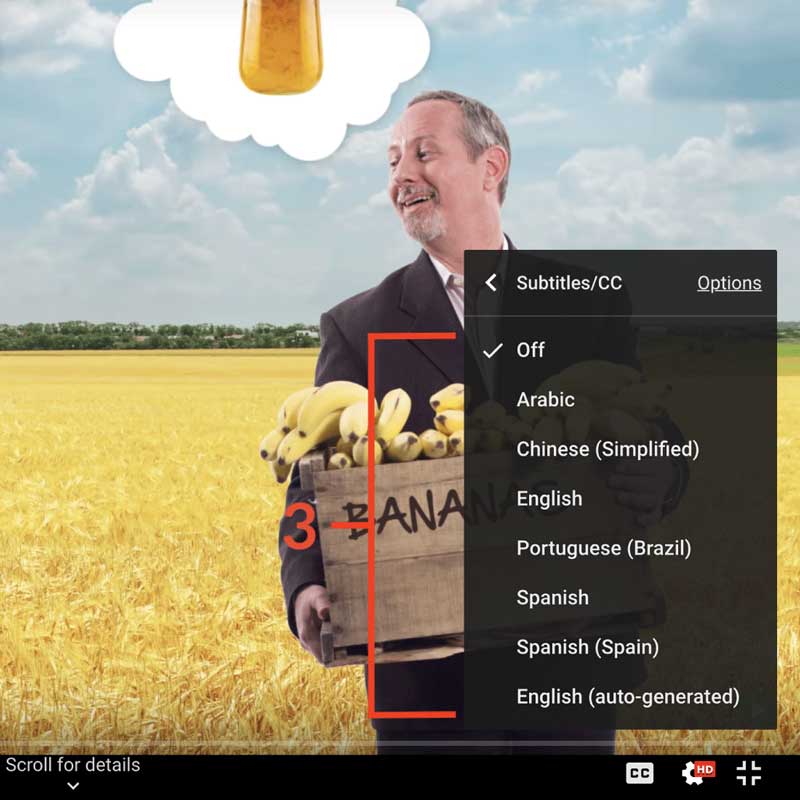How the Division of Knowledge Saved My Son's Life
Course Outline
How the Division of Knowledge Saved My Son's Life
In this video, Professor Boudreaux explains how the specialization of knowledge helped his two-year old son overcome a life-threatening illness. The science of medicine has enjoyed significant progress since the 19th century thanks to the vast size of the market and demand for health care services. Despite his foresight, Adam Smith never could have imagined the degree of expertise held by some of today’s medical specialists.
Teacher Resources
Transcript
In our last video, we covered how specialization in our work allows us as an economy to produce more, but each of us also specializes in how we use our minds. There's much to know, and each of our brains has a very limited capacity to store and process knowledge. So it makes sense to divide the tasks of processing knowledge across many different brains. We then trade the products of our knowledge. Take medicine as an example. Science-based medicine took off in the 19th century, springing from advances in biology, physics, chemistry, and math, as well as from Darwin's theory of evolution.
Early specialties included dermatology, gynecology, and pediatrics. This branching continues with more recent specialties, like pediatric hematology, and female pelvic reconstructive surgery. In fact, this specialization has played an important role in my own life. When my son Thomas was two years old, he contracted a very serious digestive ailment. We took him to his pediatrician. The pediatrician couldn't diagnose it. He eventually wound up losing 20% of his body weight. Poor kid was really skinny. He spent a month in the hospital. Eventually, it took a specialist -- a pediatric gastroenterologist.
Doctor Howard Boswick is his name. He wasn't just a pediatrician, he wasn't just a gastroenterologist, he was someone who specialized in studying the digestive ailments of young children, and he applied that specialized knowledge to the task of saving my son's life. And it worked. So today my son Thomas is 17, he's healthy, thriving, but he's alive only because, I'm convinced, of this incredible specialization of knowledge that we were able to take advantage of. If you could choose what illness to get, would you choose a rare disease or a common one? Assuming the diseases are of similar severity you surely want the common one. Having a common illness means that there is likely enough demand for treatment that someone will specialize in treating it.
A similar principle was at play with my son. Doctor Bostwick could specialize because of the huge number of people who live in New York or who can travel there for treatment. It's only because of trade that this specialization occurs. The bigger the market, the more potential patients there are for suppliers of highly specialized medical services. If Doctor Bostwick lived in a small town he wouldn't be able to make a living as a pediatric gastroenterologist. He'd have to be a general practitioner. In a world without specialized doctors my son might not be alive today. As Adam Smith said, the size of the market matters. The greater the number of potential trading partners, the more each of us can specialize. In a vast market, such as the United States, almost all our exchange is done with highly skilled, highly specialized, and hence, highly productive partners.
Specialization exists everywhere you look: organic chicken farmers, Bikram yoga teachers, Android app developers, political speechwriters, corporate speechwriters, Asian fusion chefs, ice sculptors, and modelers of recursive dynamic linear economies. I could go on practically without end, but you get the point. Every one of us reaps great benefits from trading with other specialized minds. This division of knowledge leads not only to higher productivity at producing existing goods and services, but it also spurs innovation.
In our next video, we'll sum up some of what we've learned and talk about the beauty of cooperation and comparative advantage. Here's the current leader board of questions submitted from our viewers.
Subtitles
- English
- Spanish
- Chinese
Thanks to our awesome community of subtitle contributors, individual videos in this course might have additional languages. More info below on how to see which languages are available (and how to contribute more!).
How to turn on captions and select a language:
- Click the settings icon (⚙) at the bottom of the video screen.
- Click Subtitles/CC.
- Select a language.


Contribute Translations!
Join the team and help us provide world-class economics education to everyone, everywhere for free! You can also reach out to us at [email protected] for more info.
Submit subtitles
Accessibility
We aim to make our content accessible to users around the world with varying needs and circumstances.
Currently we provide:
- A website built to the W3C Web Accessibility standards
- Subtitles and transcripts for our most popular content
- Video files for download
Are we missing something? Please let us know at [email protected]
Creative Commons

This work is licensed under a Creative Commons Attribution-NoDerivatives 4.0 International License.
The third party material as seen in this video is subject to third party copyright and is used here pursuant
to the fair use doctrine as stipulated in Section 107 of the Copyright Act. We grant no rights and make no
warranties with regard to the third party material depicted in the video and your use of this video may
require additional clearances and licenses. We advise consulting with clearance counsel before relying
on the fair use doctrine.



